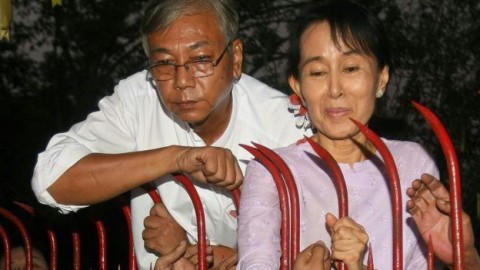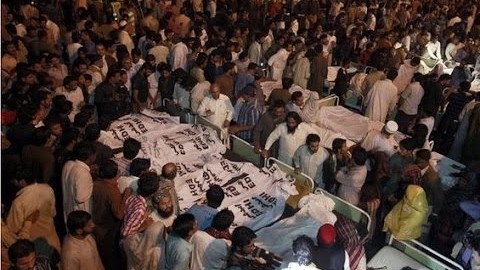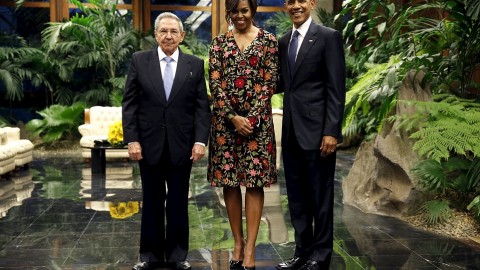€1bn with of aid to be given to UN agencies supporting Syrian refugees in the Middle East
Europe: As a result of a seven-hour long meeting between EU leaders, the European Union Council has decided to provide further aid to agencies of the United Nations, working to rehabilitate Syrian refugees in the Middle East. This is in repercussion to the massive inflow of refugees into EU nation in the past few weeks, which has led to a migrant crisis.
Since millions have taken refuge in neighbouring countries such as Turkey, Jordan and Iraq, the monetary aid will allow the UN to invest in resources to help those in these areas so that they are not forced into migrating to Europe. The meeting also focused on improving security measures at European external borders, after the European Council President, Donald Tusk said, “The greatest tide of refugees and migrants is yet to come. We need to correct the policy of open doors and windows.” He added to the gravity of the problem by saying that there are other refugee groups from other conflict areas such as Afghanistan, Iraq and Africa also trying to enter European countries. At the emergency rendez-vous in Brussels, all the leaders were under pressure to relocate nearly 120,000 migrants, who have arrived in the past weeks alone, as a part of the total of half a million refugees, who have crossed European boundaries in this year.
Several EU members are in discord with the plan set forth at the meeting, which imposes set migrant intake quotas on them, including Slovakia, which has initiated a legal protest. Only one of the several internal disputes, this has exposed the wide divisions amongst the member countries further. In the summit, the leaders have also decided to assist Balkan states, whose territory has been used as a primary passage for refugees travelling northwards. A part of the monetary aid will also go to the World Food Programme. The leaders have chosen to work in close contact with Turkey. The border safety measures are likely to involve the creation of ‘hotspots’, wherein refugees would be screened at the borders themselves through processing units
At the end of the meeting, the EU Commission President, Jean-Claude Juncker stated that the meeting had progressed “excellent(ly)” and that was received in a “better than expected atmosphere’, referring to the ongoing migrant tensions. Meanwhile, Mr. Tusk said that the aim of the meeting had been to cease the ‘public finger pointing’ amongst the EU leaders.
At the same time, leaders of the majorly affected countries had differences in opinions. While German Chancellor Angela Merkel stated, ” “I got the feeling that we want to tackle this task together,” the Italian premier Matteo Renzi, was evidently unsatisfied with the meeting, because the EU leaders had violated the rule of migrants seeking asylum in the first EU country they enter, since Italy is majorly a gateway for migrants travelling further upwards. The Croatian Prime Minister Zoran Milanovic has said that sea routes between Greece and Turkey would be controlled to monitor the migrant influx. The Hungarian Prime Minister, Viktor Orban, was unhappy that Europe’s external border through Greece was still unprotected and that it requires unanimous action. On the other hand, French President Francois Hollande urged  the USA and Canada to join the movement and requested an international conference for the same.
the USA and Canada to join the movement and requested an international conference for the same.
The German Chancellor suggested that Syrian Prime Minister, Bashar al-Assad, should be kept in the loop of talks that were mainly aimed at ending the country’s civil war. This added to the already ripe diplomatic moves on the matter.
As thousands cross the border every day, risking their lives by using under-maintained boats and other vehicles, they face further dangers within European territory as well as some EU countries have constructed repellants to control the refugee wave. Another summit has been called in October to resolve these problems, after the EU heads hold dialogue with Turkish President Recep Tayyip Erdogan. Temporarily, though, as Mr. Tusk said, “”The measures we have agreed today will not end the crisis. But they are all necessary steps in the right direction.”
Source: BBC
Tags: EU Europe Migrant Crisis Migrant crisis Syria








